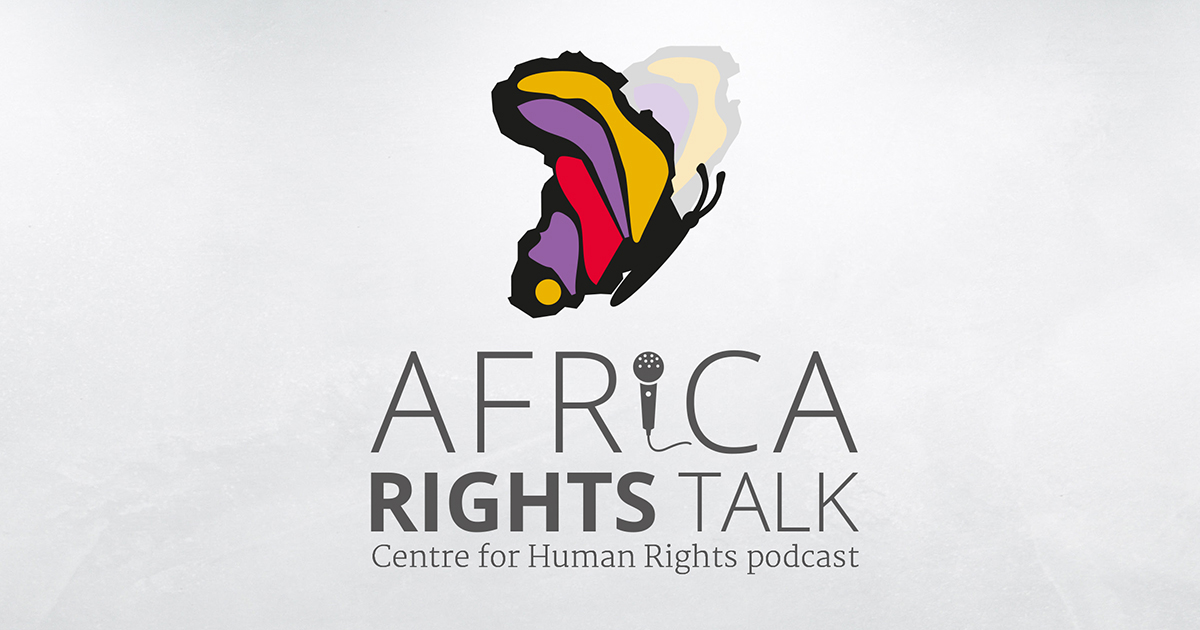In conversation with Prof Ademola Jegede and Davina Murden
In this first episode of the HRDA Alumni Task Force on Climate Justice and Rights of Future Generations in Africa podcast, Davina Murden (HRDA Class of 2021, Mauritius) welcomed Prof Ademola Jegede (HRDA Class of 2008, Nigeria) who engaged on an exploratory discussion on the concept of climate justice in the African context. While we agree that there is no universal definition of climate justice, Prof Jegede reflected on how climate justice must be dealt with under a different light in the African context, especially among marginalised communities who are the most vulnerable ones. When asked by the host whether Africa is the continent where the term ‘climate justice’ was first used, Prof Jegede replied in the negative. However, he affirmed that Africa is the continent that experiences considerable injustices with regards to climate change due to human actions and inactions. This also raises the question of fairness and equity according to Prof Jegede.
In conversation with Elsabe Boshoff, Samrawit Getaneh and Nastasia Thebaud-Bouillon-Njenga
In this podcast episode, the two speakers, Elsabe Boshoff and Samrawit Getaneh, discuss on how climate change disproportionately affects children in Africa, and the interlinkages between multiple systematic inequalities affecting girls and boys in their diversity. They also touch on the responsibilities of African states as duty bearers with regard to ensuring the whole range of children’s human rights in the context of a changing climate.
In conversation with Zanele Fengu, Mosupatsila Nare and Samrawit Getaneh
In conversation with Tendai Mbanje
In this episode, we delve into the pivotal 2024 South African elections, exploring significant shifts in political representation and the ANC’s historic loss of its majority.


